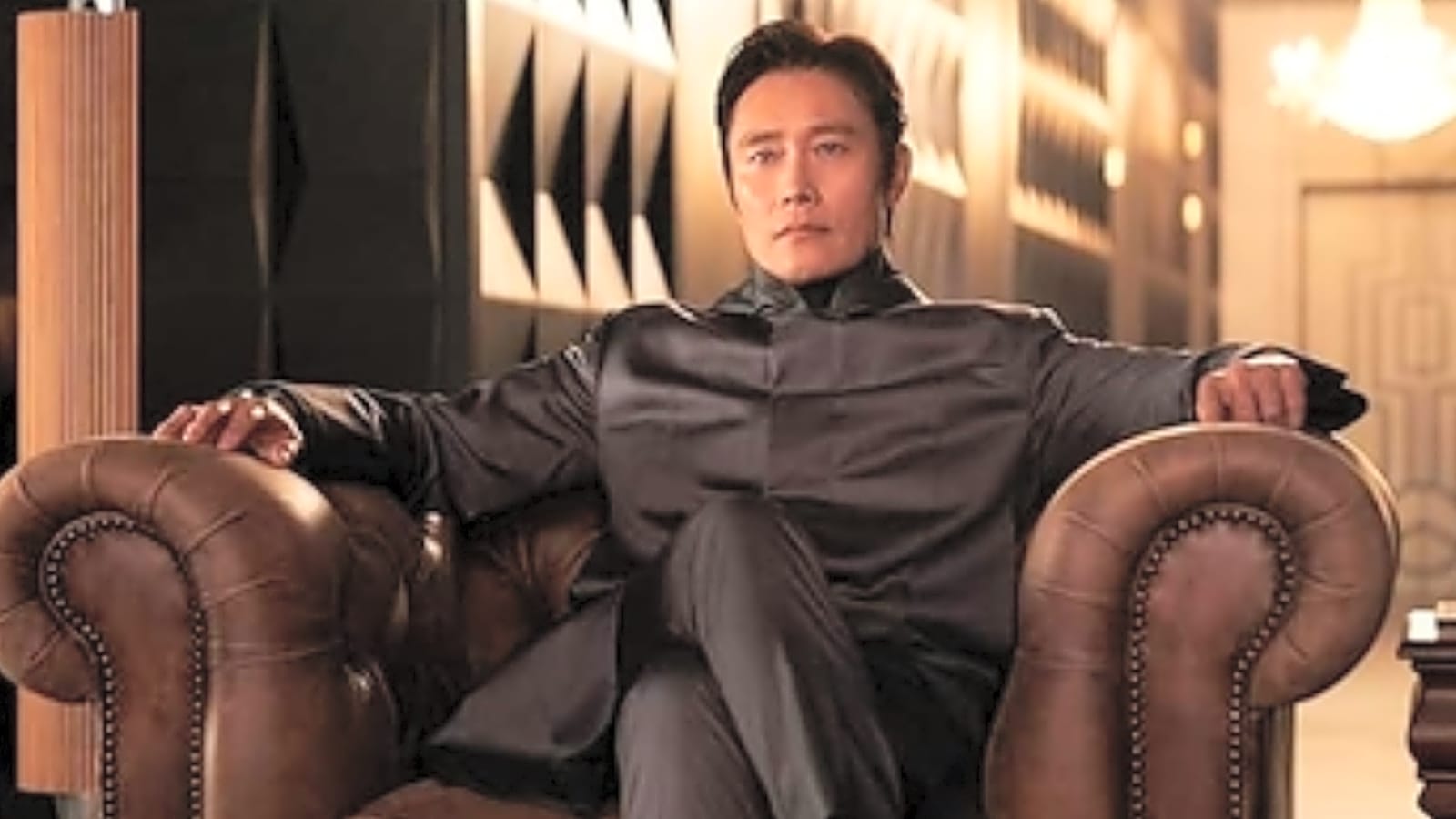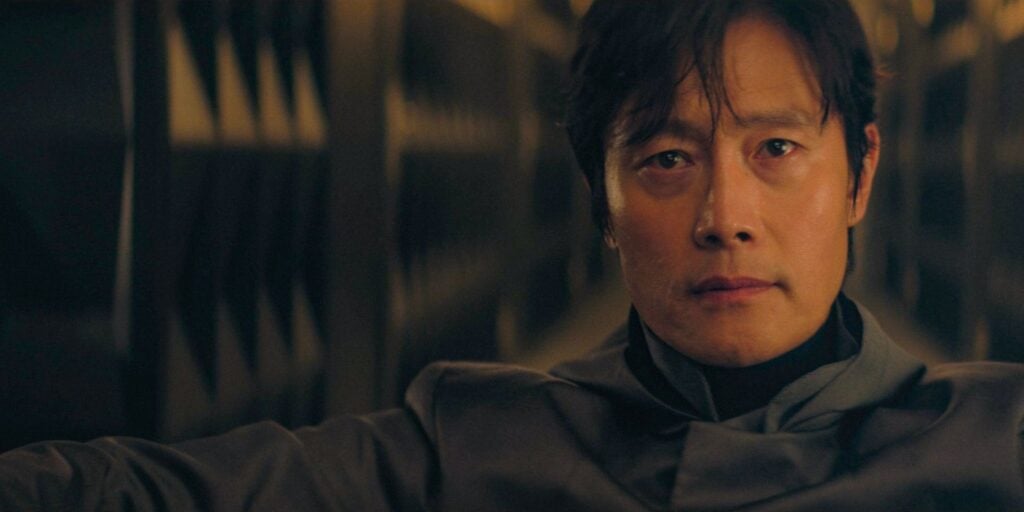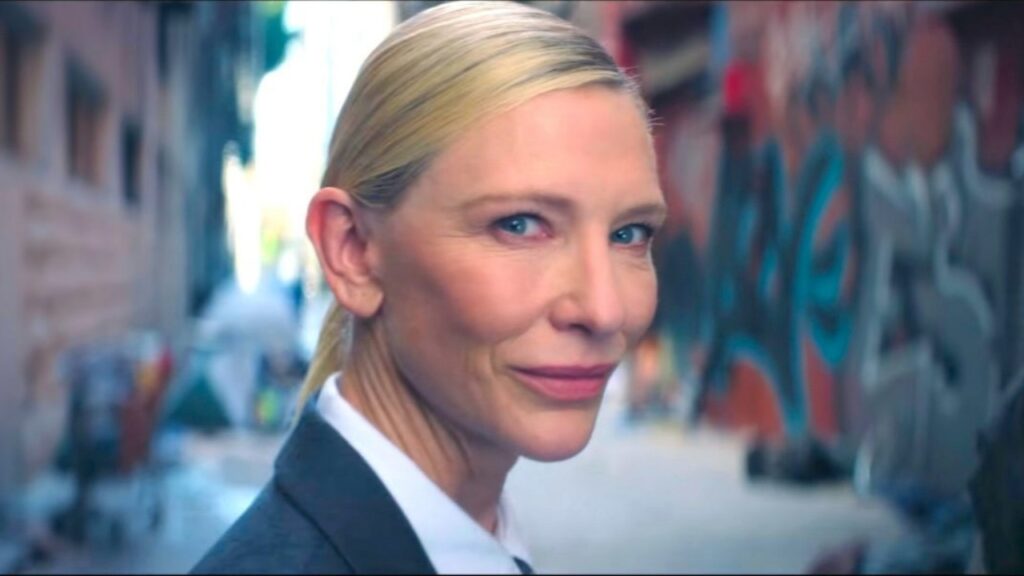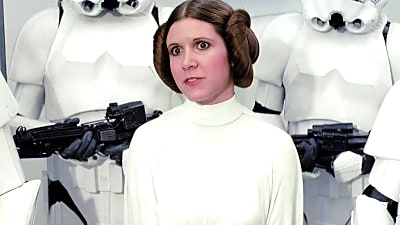
The finale of ‘Squid Game’ season 3 delivers a haunting portrait of a man who has spent years orchestrating brutal life-and-death scenarios, only to be confronted with the unraveling of his own morality.
Lee Byung-hun’s portrayal of the Front Man, also known as In-ho, reaches its peak as the character stands at a crossroads between ruthless order and his remaining humanity. Though the game may be ending, the psychological and emotional wreckage of its legacy is only beginning to come into focus.
The Front Man’s Emotional Conflict

As the series concludes, the Front Man watches the flames consume the island. However, amidst this destruction, he saves the life of Jun-hee’s baby. It’s a moment that pulls back the iron curtain on his villainy, revealing a sliver of compassion still buried within. It’s not redemption, but rather, recognition of what he’s lost and what little he has left to offer the world. Throughout ‘Squid Game’s third and final season, viewers witness the Front Man’s psyche begin to fray.
While he remains outwardly composed, the tension between his loyalty to the system and his growing doubts becomes increasingly evident. According to Lee Byung-hun, who spoke candidly in an interview with Netflix Tudum, these moments were designed to highlight the lingering traces of humanity still buried deep within the character. “That actually highlighted the fact that he has that last remaining piece of humanity deep down somewhere,” Lee explained.
“That’s the agreement that director Hwang and I came to. That’s how I played my character. Front Man has that last piece of benevolence remaining inside of him.” First, he ensures that Gi-hun’s daughter, Ga-yeong, receives her father’s remaining fortune, a decision that could be seen as a practical wrap-up of loose ends. It’s not just a financial transaction.
It’s a quiet acknowledgment that Gi-hun, for all his defiance, was right about one thing: there is still something worth saving. The second, more impactful moment comes as the island self-destructs. The Front Man chooses to rescue Jun-hee’s baby. For a character defined by violence and detachment, this act is almost jarring. It isn’t rooted in logic or obligation. It’s instinctual.
Lee Byung-hun Explains ‘Squid Game’ Season 3’s Most Bittersweet Moment

Speaking with The Hollywood Reporter, Lee Byung-hun unpacked the complex direction he was given for the finale. Initially, he believed that the Front Man already knew about other games happening globally. However, the show’s director gave him an unexpected instruction: play the scene as if In-ho didn’t know. This subtle shift changed everything. It meant that for a fleeting moment, In-ho had hope. Maybe Gi-hun was right.
Maybe the cycle of cruelty could end. Maybe he, too, could change. However, he sees the American recruiter (played by Cate Blanchett) pulling in new players. In that instant, his optimism crumbles. The realization that the games continue elsewhere shatters any illusions of redemption. What Gi-hun tried to stop is just a small cog in a much larger, unfeeling machine.
Lee describes this moment as filled with “bitterness.” And it shows. It’s a quiet, soul-deep disappointment. It’s a deeply human reaction. After all, isn’t that what most people fear? That their efforts, their sacrifices, their hope, amount to nothing in the face of something bigger and more ruthless? Lee Byung-hun’s performance makes this brief scene one of the most memorable in the finale. It doesn’t just close the chapter on the Front Man, it underlines Squid Game’s central theme: that breaking the cycle of violence and greed isn’t just difficult. It may be impossible.
More must-reads:
- Horror-ble: 21 terrible scary movies we still love to watch
- Disney+ gives first looks at next season of 'Percy Jackson and the Olympians,' 'Only Murders in the Building,' and more
Breaking News
Trending in Entertainment
Customize Your Newsletter
 +
+
Get the latest news and rumors, customized to your favorite sports and teams. Emailed daily. Always free!








